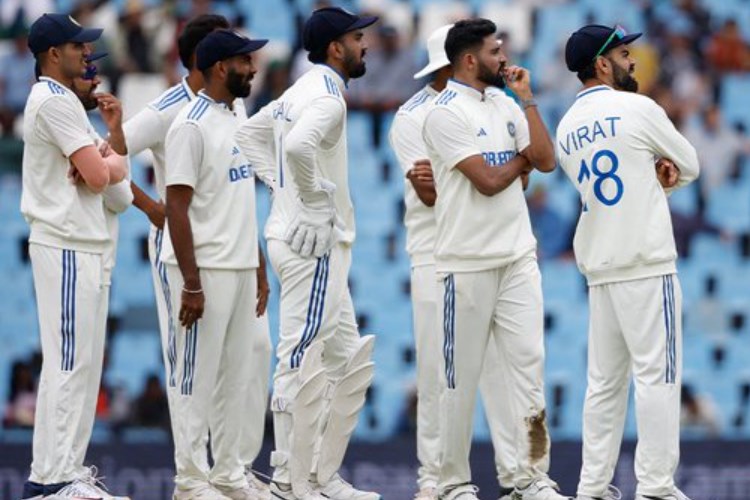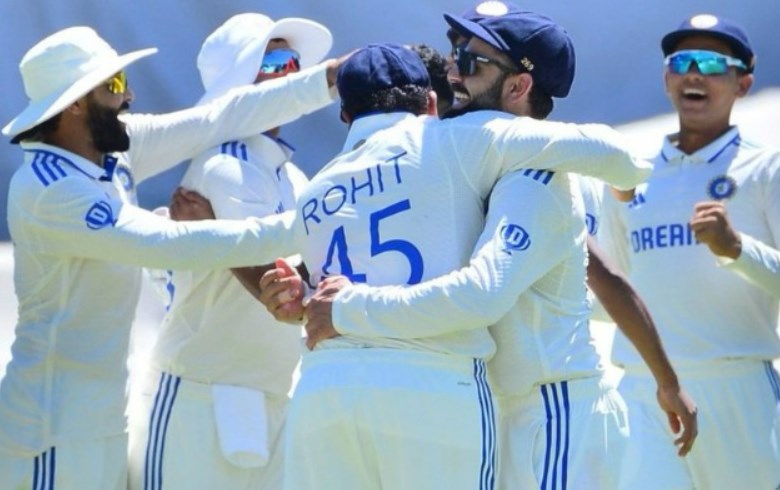Veteran India spinner R Ashwin said that only a few top teams like India, Australia, and England can manage the expenses of the longer format of the game. While talking about why teams like South Africa have started giving priority to its franchise-based T20 leagues over Tests, Ashwin said that the Test series is a loss-making proposition for those nations now and countries like India and England have an advantage, considering that they can earn through broadcasting rights as well.

R Ashwin explained in his latest YouTube video: “I have to say this: only a very few test cricketing nations are able to manage the expense of Test cricket and make it a viable option, like England, Australia, and India. It’s not just the public watching test cricket; the television rights also make it a viable option. Whereas New Zealand and South Africa have made it a two-match Test series because they are headed towards a loss.”
However, R Ashwin also said that T20 matches help South Africa and New Zealand earn more money compared to the longer format as well.
READ MORE: “I want to play cricket for as long as I can” – Nathan Lyon
“A SA20 or a T20 match brings in a lot of funds. There’s only one discussion here: what’s viable for the market, what’s viable for the public, and what’s appealing will eventually overtake the game. If we want to maintain test cricket, we can’t go to South Africa or New Zealand and enforce them to maintain Test cricket. Also, time zones. The public in India, England, and Australia largely watches the matches happening in their time zones. Whereas in South Africa and New Zealand, the crowds to watch these matches are smaller, and the television rights are also smaller,” he further added.

However, South Africa faced a lot of criticism from everyone after they named an inexperienced team for their upcoming two-match Test series against New Zealand as well. Giving Team India’s example, R Ashwin shared that the ICC should assess the balance sheets of all the cricket boards and allocate funds accordingly as well as how the BCCI has done that successfully with India’s domestic sides.
“For example, in India, to hold the Ranji trophy, every state association is given a share of the BCCI funds. The states do not just develop cricket and infrastructure with the funds; they invest the money at the grass-roots level. The same way, the ICC, as a guardian of the sport and managing all these cricketing bodies, should get in and look into the balance sheets of the teams, evaluate which teams are not able to sustain them, determine who needs to play and run how many test matches, and divide the funds accordingly and make a way. I’m not questioning if the ICC is giving funds to all the associations, but the funds given need to be utilized for game development based on each country’s scenario with a focus on test cricket,” R Ashwin concluded.
